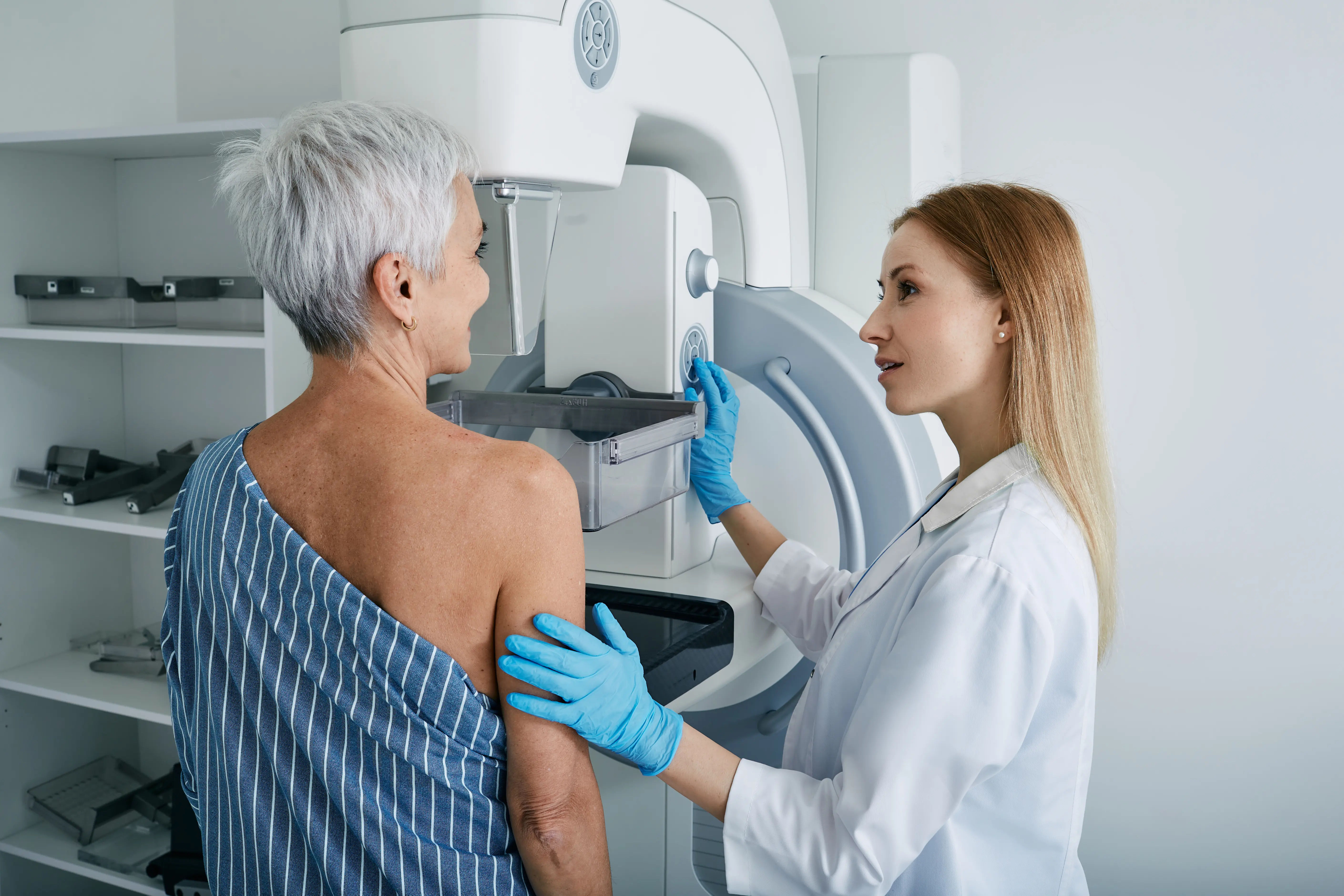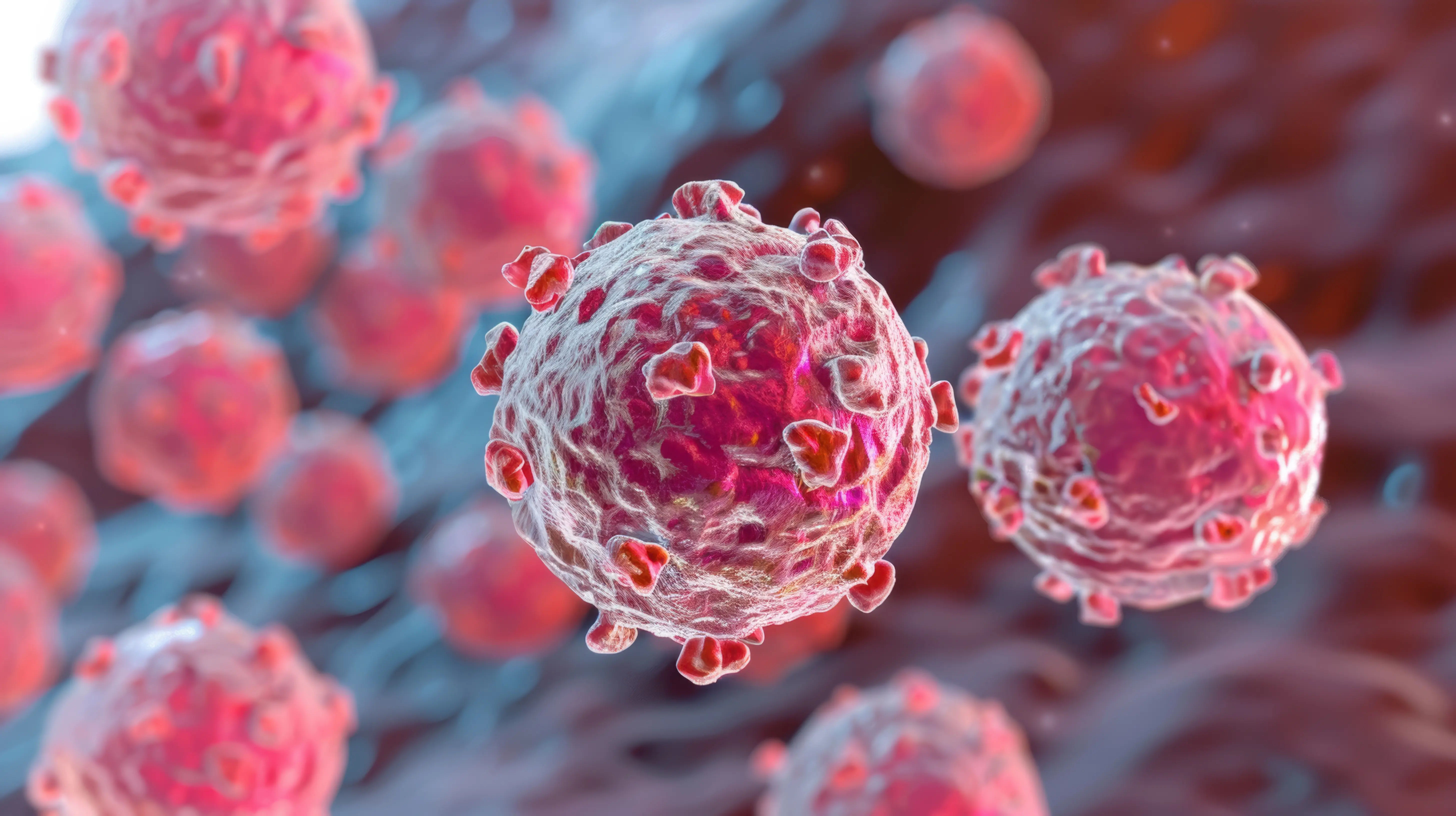Ovarian Cancer; Overview
Explore key data on ovarian cancer from Metropolis Healthcare, including symptoms, risk factors, diagnosis methods, treatment options, and prevention tips to support early detection and better outcomes.

Written by Dr. Vasanthasree Nair
Reviewed by Dr. Dhankecha Mayank Dineshbhai MBBS
Last updated on 13th Jan, 2026

Ovarian cancer is a serious health concern that affects thousands of women every year. Recent data shared by Metropolis Healthcare highlights the growing need for awareness, early detection, and proper management of this condition. If you or a loved one is concerned about ovarian cancer, this article will guide you through its symptoms, causes, and ways to manage it effectively.
What is Ovarian Cancer?
Ovarian cancer begins in the ovaries, which are part of the female reproductive system. These small organs produce eggs and hormones like estrogen and progesterone. When abnormal cells in the ovaries grow uncontrollably, they form a tumour, which can be cancerous (malignant).
Ovarian cancer is often called the "silent killer" because its symptoms can be vague and easily mistaken for other common conditions. However, early detection significantly improves treatment outcomes.
Common Symptoms of Ovarian Cancer
Many women ignore early signs of ovarian cancer, assuming they are due to less serious issues like digestive problems or menstrual changes. Being aware of these symptoms can help in early diagnosis:
- Persistent bloating – Not just occasional bloating, but a constant feeling of fullness.
- Pelvic or abdominal pain – Discomfort that doesn’t go away.
- Difficulty eating or feeling full quickly – Even small meals may cause discomfort.
- Frequent urination – Needing to urinate more often than usual.
- Unexplained weight loss or gain – Sudden changes without diet or exercise changes.
- Fatigue – Feeling unusually tired all the time.
- Changes in bowel habits – Constipation or diarrhoea that persists.
If these symptoms last for more than two weeks, consult a doctor.
What Causes Ovarian Cancer?
The exact cause of ovarian cancer is unknown, but certain risk factors increase a woman’s chances of developing it:
- Age – Most cases occur in women over 50, especially after menopause.
- Family history – Having a mother, sister, or daughter with ovarian or breast cancer increases risk.
- Genetic mutations – BRCA1 and BRCA2 gene mutations (also linked to breast cancer) raise the risk.
- Reproductive history – Women who have never been pregnant or had children after 35 may have a higher risk.
- Hormone therapy – Long-term use of estrogen-only hormone replacement therapy (HRT) may contribute.
- Obesity – Being overweight increases the risk of several cancers, including ovarian cancer.
How is Ovarian Cancer Diagnosed?
Early detection is crucial for successful treatment. Doctors use several tests to diagnose ovarian cancer:
1. Pelvic Exam – A physical check for any unusual lumps or changes in the ovaries.
2. Imaging Tests – Ultrasound, CT scans, or MRIs help visualise the ovaries.
3. Blood Tests – The CA-125 test measures a protein that may be elevated in ovarian cancer (though it can also rise due to other conditions).
4. Biopsy – Removing a small tissue sample for lab testing confirms cancer.
If you experience persistent symptoms, consult a doctor who may recommend these tests.
Get Your Symptoms Checked now
Treatment Options for Ovarian Cancer
Treatment depends on the cancer stage, overall health, and personal preferences. Common approaches include:
- Surgery – Removal of the ovaries, fallopian tubes, and sometimes the uterus (hysterectomy).
- Chemotherapy – Drugs to kill cancer cells, often used after surgery.
- Targeted Therapy – Medications that attack specific cancer cells with fewer side effects.
- Radiation Therapy – Less common but used in certain cases to destroy cancer cells.
Your doctor will guide you on the best treatment plan.
How Can You Reduce the Risk of Ovarian Cancer?
While some risk factors (like genetics) can’t be changed, certain lifestyle choices may help lower the risk:
- Birth Control Pills – Long-term use may reduce risk (consult your doctor).
- Pregnancy and Breastfeeding – Having children and breastfeeding may lower the risk.
- Healthy Diet – Eat plenty of fruits, vegetables, and whole grains; limit processed foods.
- Regular Exercise – Staying active helps maintain a healthy weight.
- Avoiding Smoking – Smoking is linked to many cancers.
When Should You See a Doctor?
If you experience persistent symptoms like bloating, pelvic pain, or unexplained weight changes, don’t ignore them. Early diagnosis can make a big difference in treatment success.
Take Action Today
If you’re concerned about ovarian cancer or have a family history, consider scheduling a consultation or diagnostic test. Apollo 24|7 offers expert guidance and testing options to help you stay proactive about your health.
Would you like to book a consultation or learn more about ovarian cancer screening? Visit Apollo 24|7 for expert advice and support.
Conclusion
Ovarian cancer may be difficult to detect early, but awareness of its symptoms and timely medical consultation can greatly improve outcomes. Taking proactive steps toward screening and healthy lifestyle choices can empower women to protect their long-term health.
Consult Top Oncologist
Consult Top Oncologist

Dr. Rupam Manna
Radiation Specialist Oncologist
7 Years • MBBS MD(RADIO THERAPY), CCEBDM
Barasat
Diab-Eat-Ease, Barasat

Dr. Sanchayan Mandal
Medical Oncologist
17 Years • MBBS, DrNB( MEDICAL ONCOLOGY), DNB (RADIOTHERAPY),ECMO. PDCR. ASCO
Kolkata
MCR SUPER SPECIALITY POLY CLINIC & PATHOLOGY, Kolkata

Dr Gowshikk Rajkumar
Oncologist
10 Years • MBBS, DMRT, DNB in Radiation oncology
Bengaluru
Apollo Clinic, JP nagar, Bengaluru

Dr.sanchayan Mandal
Medical Oncologist
17 Years • MBBS, DrNB( MEDICAL ONCOLOGY), DNB (RADIOTHERAPY),ECMO. PDCR. ASCO
Kolkata
Dr. Sanchayan Mandal Oncology Clinic, Kolkata

Dr. Sanchayan Mandal
Medical Oncologist
17 Years • MBBS, DNB Raditherapy, DrNB Medical Oncology
East Midnapore
VIVEKANANDA SEBA SADAN, East Midnapore



